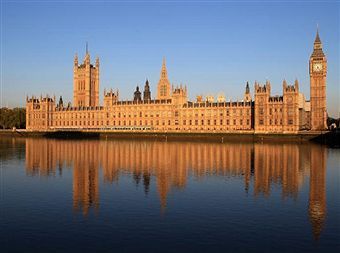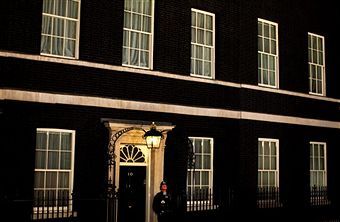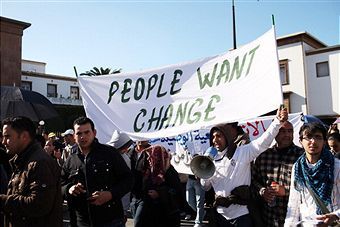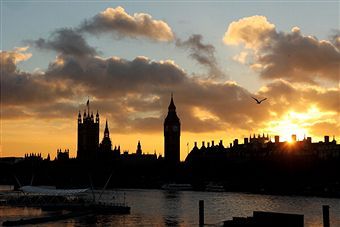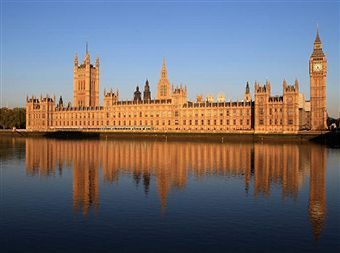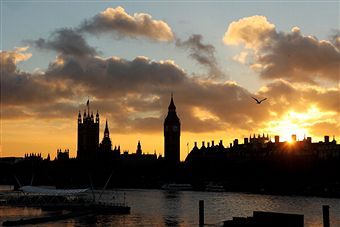The British Bill of Rights stalls
A British Bill of Rights has long been the Tory leadership’s sticking plaster solution to the problems posed by the ECHR. The idea is that a British Bill of Rights would give this country a greater margin of appreciation in interpreting the convention. But this morning this plan is in tatters. The long-awaited commission on the British Bill of Rights is clearly going nowhere. Any commission which includes Lord Lester and Helena Kennedy, two of the Lib Dem appointees to it, isn’t going to improve the situation. The failure of this commission even before it has started is a reminder that this problem isn’t going to be solved
